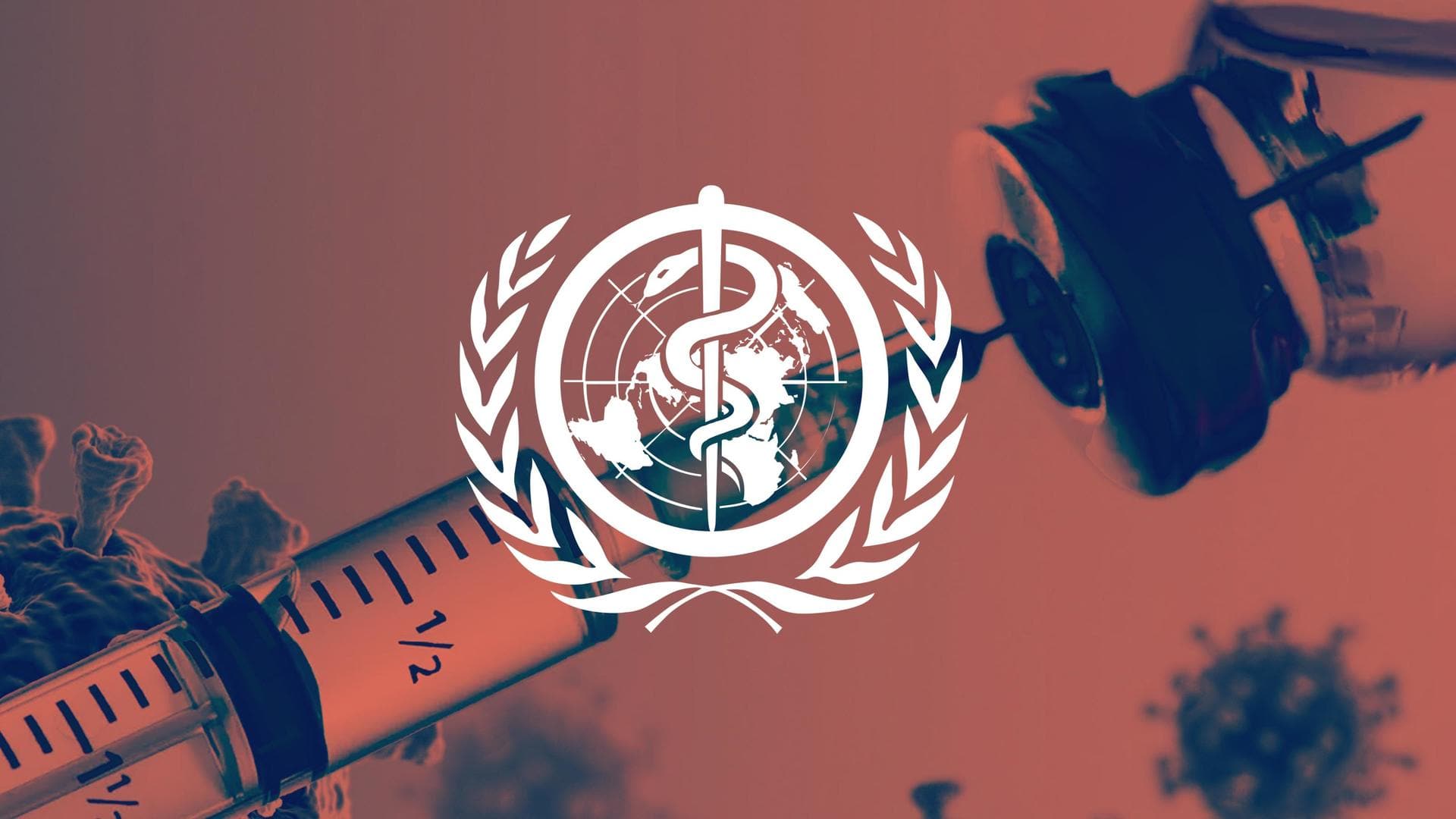
COVID-9 spike: WHO recommends additional booster shot for high-risk people
What's the story
Amid the recent spike in COVID-19 cases, the World Health Organization revised its COVID-19 vaccine guidelines, recommending additional booster shots for the high-risk group. However, it said people at medium or low risk no longer need additional COVID-19 boosters. Following the new recommendations, the health agency divided the priority-use groups for COVID-19 vaccination into three levels: high, medium, and low.
Context
Why does this story matter?
The WHO's update follows the March 20-23 meeting of its Strategic Advisory Group of Experts on Immunization (SAGE). Reportedly, the updated plan aims to prioritize using COVID-19 vaccines to reflect the impact of the Omicron variant and high population-level immunity due to infection and vaccination. Notably, many countries, including India, are seeing an increase in coronavirus infections due to the XBB 1.16 subvariant.
Details
What does WHO suggest for high-priority groups?
The WHO's updated roadmap places high-risk individuals for COVID-19 vaccination in the high-priority category, which encompasses both older and younger individuals with major comorbidities and immunocompromising diseases. It also recommended an additional booster shot 6 or 12 months after the last dose for this population, with the timeframe determined by factors such as age and immunocompromising conditions.
Facts
No additional boosters needed for medium, low-risk people: WHO
The other two categories are high-priority and low-priority groups. The second group consists of healthy individuals with no comorbidities and children/adolescents with comorbidities for whom the WHO recommended the first booster dose. The third group comprises healthy children/adolescents aged 6 months to 17 years. Given the low disease burden in this group, SAGE advised nations considering vaccinations to base their decisions on contextual factors.
Statement
What does SAGE Chairman say?
According to the SAGE, some nations may provide boosters to individuals at medium and low risk, but those choices should be made based on national circumstances and health-spending priorities. "The rationale there is that the benefit of these additional boosters is actually quite marginal, based on what we know of the immune status of these people," said chairman of the committee Hanna Nohynek.
Experts
WHO recommends that some nations concentrate on other vaccine-preventable diseases
Furthermore, the advisory committee, which met last week, stated that the additional protection provided by boosters is small and may not be cost-effective with rising global levels of hybrid immunity. It suggested that some countries focus their vaccination budgets and efforts on catch-up programs for other vaccine-preventable diseases that emerged in large numbers during the early stages of the COVID-19 pandemic.